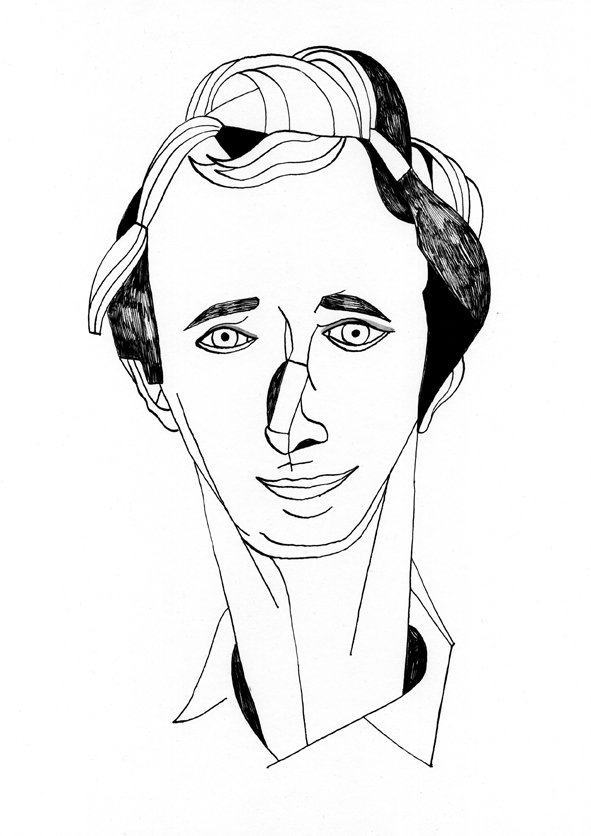
Click here
The creator of the most profitable patent in Spain
Margarita Salas is a biochemist and a molecular biologist, born in Asturias in 1938.
She had the great fortune to have parents that
always gave the same training opportunities to
all their children, regardless of their gender. It
was during her PhD at the Complutense University of Madrid, when for the first time she
felt discriminated against, for it was thought
that women weren't good at research. In fact,
to be admitted as a PhD candidate a letter of
recommendation was necessary from Severo
Ochoa, a friend of the family. Who was going
to refuse the request of a Nobel Prize winner,
however far-fetched?
Severo Ochoa invited her to work in his laboratory in New York. Back in Spain in 1967, Salas
chose to study the mechanisms for replication
or reproduction of the Phi29 virus. This virus is
simple, as it has only 20 genes but, at the
same time, it is complex enough to provide
interesting findings.
Without expecting any practical applications, it
occurred to her to infect a bacteria with this
virus, which led her to the discovery of
the protein DNA polymerase, in charge of
producing copies of genetic material. The
chemical patent of this protein has been the
most profitable in the history of Spain, since it
has generated more than 6 million euro.
Her research helped Kary B. Mullis, Nobel
prize of Chemistry in 1983, to design the wellknown PCR (Polymerase Chain Reaction), a
reaction that allows you to produce millions of
copies of any fragment of DNA. This technique
is essential for geneticists, biologists, researchers, archaeologists, forensic experts and
police, who work every day with samples of
DNA and do not have the required amount.
Margarita Salas is an example of rigor and
commitment to scientific research and is still
active today. She works at the Center of Molecular Biology Severo Ochoa CSIC as a
Professor Ad Honorem and encourages the
work of numerous women scientists. She has
received numerous awards and distinctions,
among them the L'oreal-UNESCO awards, the
Mendel Medal, Rey Jaime I Award, the National Award of ‘Ramón y Cajal' or the Echegaray
Medal.


